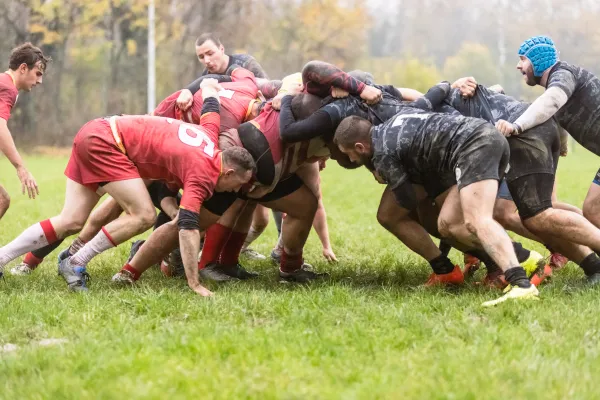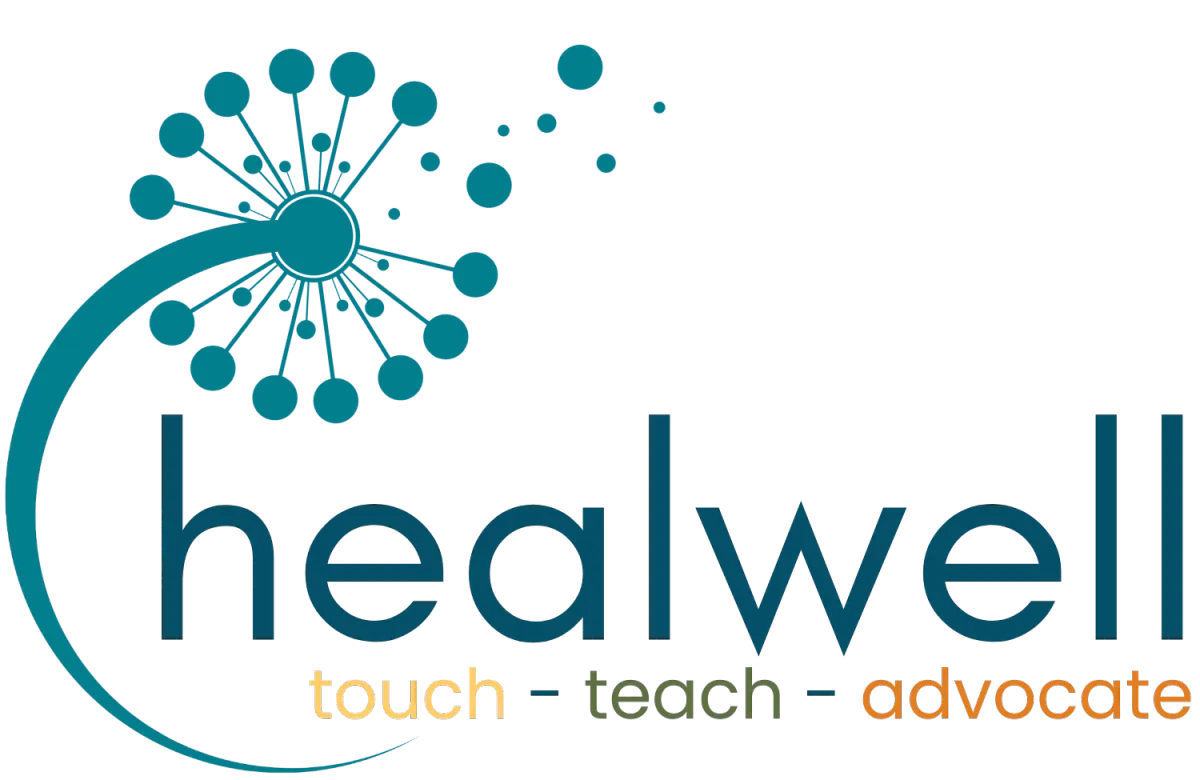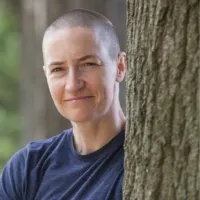Our Blog

The Worst Things (Part 2)
This week, we consider the issue of silos and what can reasonably be called in-fighting.
Massage therapy continues to demonstrate its inability to make space for the range of practitioner that exists within this broad discipline. Practitioners who provide relaxation massage are somehow deemed less important than those who provide more specific work to address injuries, conditions, or illnesses. A de facto tiered system has emerged that prioritizes and values condition-specific work over relaxation.
There is serious value in well-delivered relaxation massage, and yet individual massage therapists and cadres of therapists become hyper-focused devotees of continuing education providers who offer trademarked techniques sold as “the best,” “the only,” “the essential,” way to touch the body. The advancement of one’s training is laudable and also creates a slippery slope that supports a sense of superiority and division within the discipline of massage therapy.
As more and more trainings that teach “specialized” ways of practicing flood the market, the impact of what we might call “generalists” continues to be denigrated. This hierarchy and the sense of competition and scarcity it creates sets massage therapists up to do more than they know how to do safely, to clamor after quick “certifications” (which, by the way, don’t exist; you cannot become certified in ANYthing in a weekend, but stick with us, we’ll get back to that in another blog) and to attack and tear each other down. We openly judge and devalue each other on social media. We even do it in live courses in the way that we ask questions and in the way that we welcome or don’t welcome “certain types” of therapists into the “cool kids” circle. And yes, we do it in the way we talk about those other ways of practice with our very own clients.
When we talk about effectiveness, we are all hammers and the clients we choose to see are the perfect kind of nail for our kind of hammer, but there are infinite hammers and infinite nails. At last count, about 7.8 billion different kinds.
We will not move forward as a profession, as a trade, as an industry (Stay tuned for that conversation, too!) until we can begin to understand and truly integrate the truth that a “high level of training” includes practitioners whose “soft skills” (communication, boundaries, collaboration, therapeutic relationship) are strong, but who have chosen not to specialize in an orthopedic or disease-specific approach to the body.
What can you do?
Talk with and listen to practitioners who work differently than you do. Listen for similarities. Listen for connection and for information that will support a shift in your mindset beyond the dogmas and assumptions of your own silo of practice. You can find practitioners by self-labeled modality on the locator software of both ABMP and AMTA websites. Find someone who practices a type of massage that you think is “dumb,” “simple,” or “fluff” and ask to have a phone call or a Zoom session with them to learn more about what they do. And then? ...shut up and listen. You may not agree with everything they say, but chances are solid that you’ll see some points of connection.
Create space in your conversations and in your mind for the broad spectrum of bodyworkers who all have the potential to elevate the profession.
Remember that every time you speak poorly of another modality, another provider, another type of practice, you are personally preventing elevation of massage therapy.
Have other resources that help you embrace other practitioners/modalities? What do you do that feels like part of the solution? Please give us a shout out. Share your ideas in the comments below and we’ll include them as a follow-up to this post. We’ll do the same thing each week as we continue to explore the ways we can elevate the profession of massage therapy from the inside out.
Connect With Us:

Contact Us:
4201 Wilson Blvd. #110-341
Arlington, VA 22203
